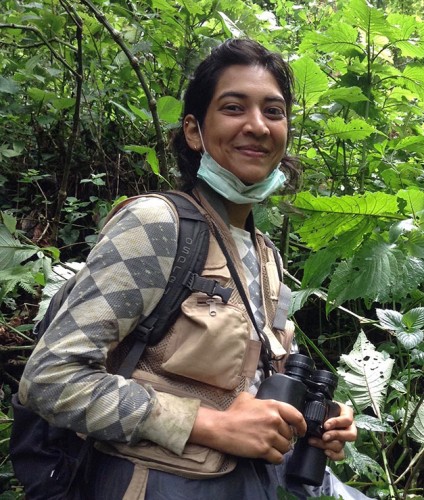
Neetha Iyer specializes in the study of the behavioral ecology of group-living animals. Her main theoretical interests are to investigate host behavioral strategies that evolved in a parasite-rich world. For her Ph.D. dissertation, she studied the critically-endangered Grauer's gorilla endemic to the Democratic Republic of Congo. She examined ecological factors influencing behavioral variation and parasite transmission in this African great ape.
Iyer has held teaching positions in evolutionary anthropology on human evolution, biological perspectives on sex and gender, and primate ecology. She believes that students learn best when they are intellectually stimulated and strives to help them develop skills in science literacy and communication. She is also passionate about promoting equitable access to educational opportunities among underrepresented minorities in academia.
Areas of Expertise
Evolutionary Anthropology, Animal Behavior, Disease Ecology
Education
2018 — Master of Arts from University of California Davis
2013 — Bachelor of Arts from Univ. of California Berkeley